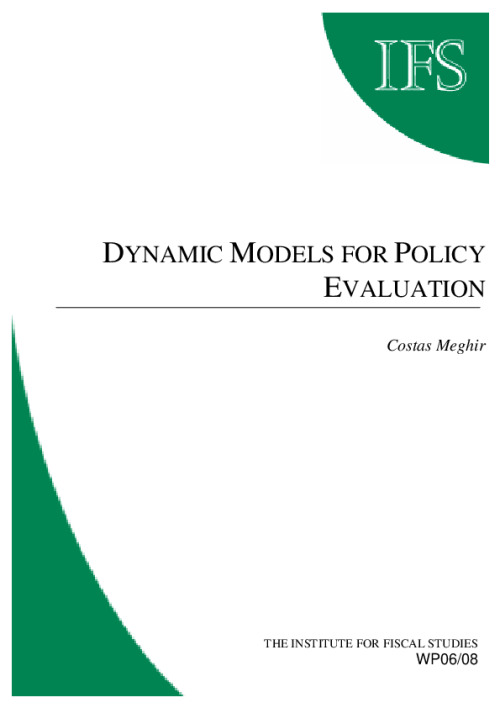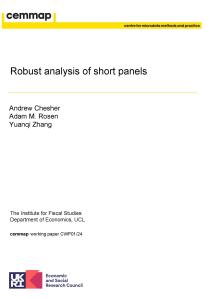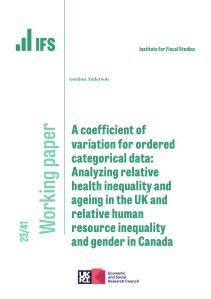The evaluation of interventions has become a commonly used policy tool, which is frequently adopted to improve the transparency and effectiveness of public policy. However, evaluation methods based on comparing treatment and control groups in small scale trials are not capable of providing a complete picture of the likely effects of a policy and do not provide a framework which allows issues relating to the design of the programme to be addressed. The longer term effects relate to decisions by individuals to change aspects of their life-cycle behavior not directly targeted by the intervention, so as to best take into account of its presence. They also relate to possible changes in prices that may change or even reverse the incentives designed by the programme. In this paper we show how experimental data from field trials can be used to enhance the evaluation of interventions and we also illustrate the potential importance of allowing for longer term incentive and General Equilibrium effects.








